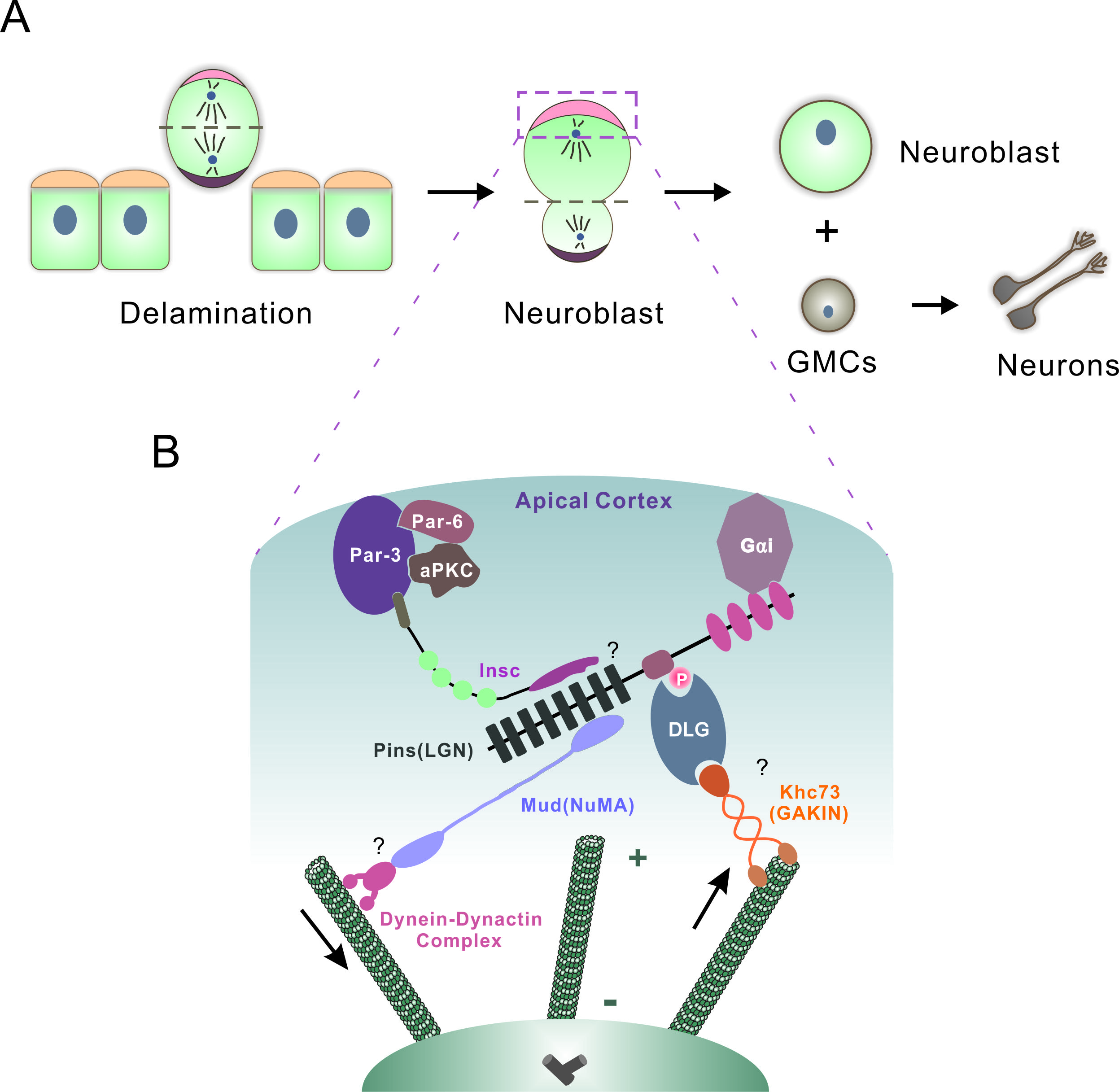Neuronal structural biology is the focus area of our laboratory. We aim to understand the molecular mechanisms governing synaptic signal transduction complex organization, dynamic regulations of synaptic complex assemblies, and trafficking of proteins involved in synaptic signaling using a combination of NMR spectroscopy, X-ray crystallography, biochemistry, molecular biology and cell biology approaches. The second focus of the lab is to elucidate the molecular basis of protein complexes regulating cell polarity establishment and maintenance.
In the first area, we are primarily working on synaptic signal transduction complex organizations by various scaffold proteins (e.g. PDZ domain proteins). In postsynaptic neurons, signal transduction complexes are often organized into large multi-components assemblies (transducisomes). The proper organization of such supramolecular complexes is critical for specificity and efficiency of signal transmissions across synapses. We are also interested in the dynamics of various signaling complex assemblies, by investigating regulated protein-protein interactions in synapses.





